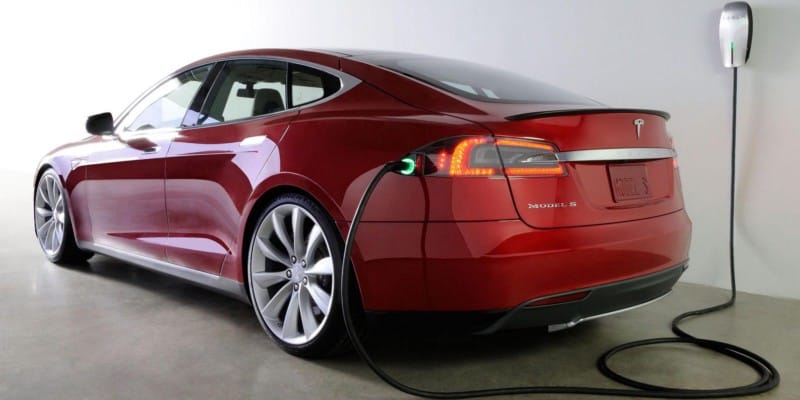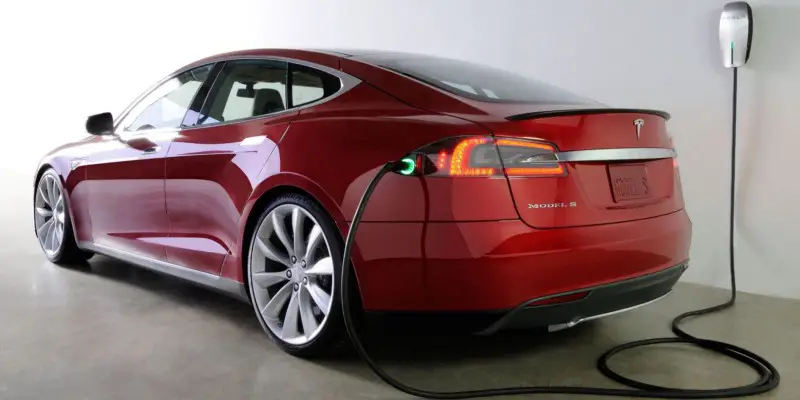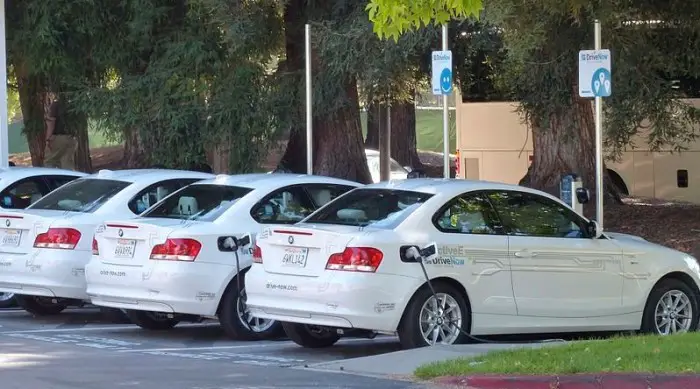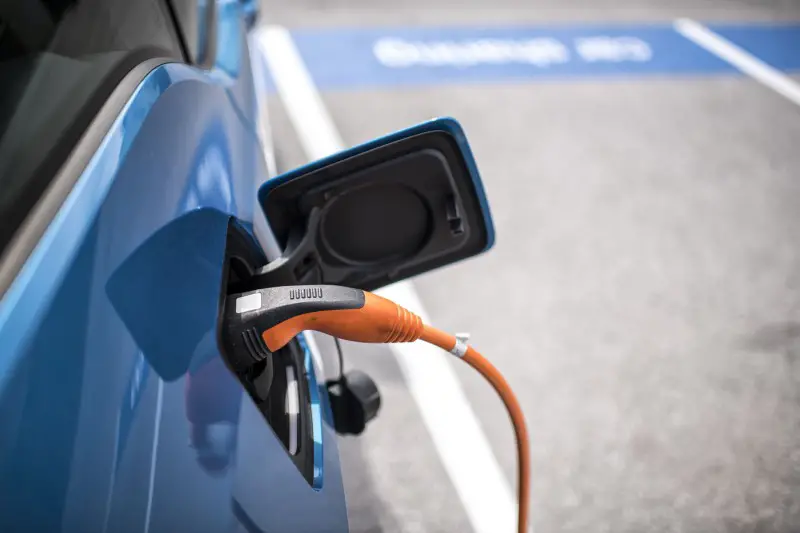UK Homes To Be Fitted With Charging Points For Electric Cars Says Its Government
Every country is struggling to ensure its environment is clean therefore the Uk plan to fit homes with charging points is a move to…


Every country is struggling to ensure its environment is clean therefore the UK plan to fit homes with charging points is a move to support the growing number of electric vehicle users in the U.K.The authorities also want newly-installed rapid and higher-powered public charge points to take debit or credit card payments. For instance, drivers would no longer need to subscribe to each of the individual companies that offer public chargers, they’ll be able to make one-off payments just like one would at a gas station by spring of 2020.
Lawmakers in the U.K. announced new draft legislation that would require every new home to include a built-in electric car charging port. If put into practice, all new-build homes with dedicated parking spaces would have charging points to make vehicle charging cheaper and more convenient for drivers.

Transport Secretary for UK Chris Grayling said that there was “an appetite for a cleaner, greener transport. Home charging provides the most convenient and low-cost option for consumers — you can simply plug your car in to charge overnight as you would a mobile phone,”
The UK residence is of an advantage since its government allows them to apply for grants of up to £500 off the cost of installing a charge point at their residence. While electric vehicles are becoming the car of choice for an increasing number of drivers, they nevertheless face challenges, not least when it comes to perceptions surrounding range and charging infrastructure.

Worldwide electric car sales hit 1.98 million in 2018, according to the International Energy Agency (IEA), with the global stock reaching 5.12 million. China’s electric car market is the biggest on the planet, the IEA says, with Europe and the U.S. following behind.




